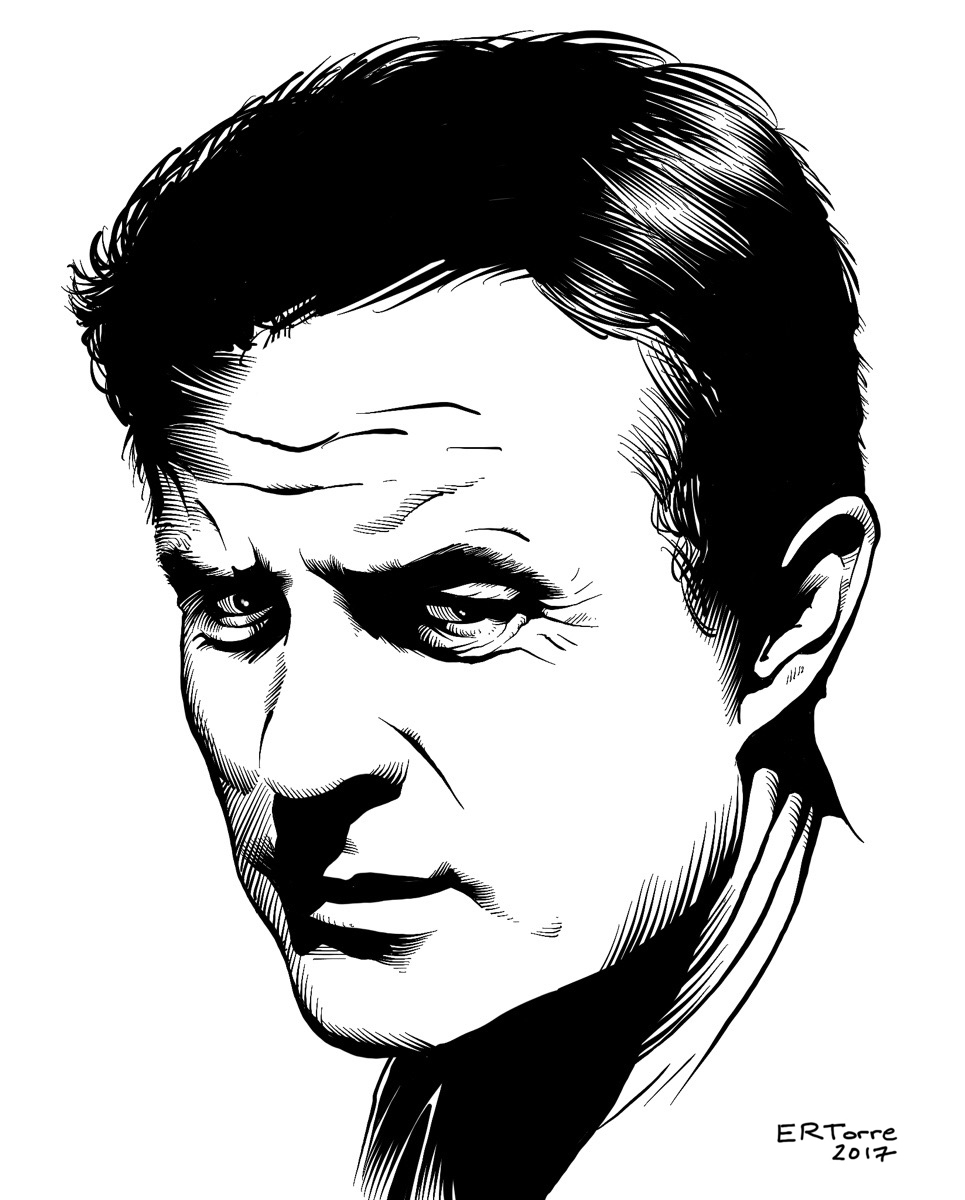It’s no secret that comic book sales are on a steady decline.
This saddens me tremendously.
As a very young child, I was wowed by movies, by TV shows, by books… and of course, I was blown away by Comic Books.
To this day, over forty years later, I still love the medium and still feel it has tremendous possibilities.
But the reality is that today, the comic book medium is in trouble. So much so that during the San Diego Comic Con, there was a panel with DC Co-Publishers Jim Lee and Dan DiDio where they talked about their plans to “save” the medium.
The below link is to an article about that panel. It is written by Charles Pulliam-Moore and is found on i09.com
DC Has An Epic Plan To Save Itself From the Comics Apocalypse it helped create
As you can tell from the headline of the article, Mr. Pulliam-Moore (or perhaps the editors of i09.com) aren’t feeling a tremendous amount of love towards these folks, noting that many of the problems in the comic book industry today could be traced to many of the things they themselves were involved in.
This, sadly, is very much a fact.
Jim Lee and Dan DiDio aren’t country bumpkins who just last week “showed up” at the comics industry and are just now realizing how screwed up it is.
Regardless, and giving them something of the benefit of the doubt, I’m pleased they’re finally realizing something I’ve felt has long been a problem with comic books: Continuity.
When Marvel Comics under legends Stan Lee, Jack Kirby, and Steve Ditko essentially re-created and re-invigorated the comic book industry in the very early 1960’s, one of the biggest things they brought to their books was the idea of continuity.
What happens in Spider-Man #5, for example, may be referenced in Fantastic Four #10. Hulk may wander away at the end of an issue of The Avengers and we find his wandering took him to the next issue of Daredevil.
It was a thrilling concept for its time, something that wasn’t seen in most comic books to that point, but like all good things, it set the groundwork for problems to come.
The fact is that Marvel became very continuity devoted and DC, which eventually decided to follow along with the concept of continuity, created a fun “history” of their characters but a history that, over time and following so many years of issues which followed, became convoluted and silly.
Inevitably, the continuity history became too hard to handle and the companies had a desire to “clean things up”. The famous 1980’s mini-series Crisis on Infinite Worlds was meant to do just that, to restart DC comics continuity and have everyone be in a “year one” situation.

But, while certain titles did try to go with a “new” mentality, big problems were created with -ironically enough- other continuity issues. I won’t get into all the details but, essentially, the series removed the idea of a “multiverse” and had all the characters merge into one world… which ironically enough created all kinds of other continuity problems.
Marvel, for their part, branched off into “Ultimate” versions of their characters among other things, essentially trying to create their own multi-verse.
Another problem Crisis, and Marvel’s company-wide crossover Secret Wars created was a sense that big events made for big sales.
So we had continuity going nuts, company-wide crossovers selling big, and big events being viewed as a way to goose up sales.
It was a recipe for big sales in the short term and big problems years down the road.
Eventually, these big company-wide crossovers and big events would get… tiring.
Worse, expecting readers to shell out big bucks for a whole host of books they might not otherwise bother with to get the “full story” of the latest event was silly and burdensome. Eventually, readers realized that these big, continuity altering events were not quite all they were cracked up to be and, it was no big surprise, these events became less than interesting.
So Mr. Lee and DiDio seem to want to move in the opposite direction, releasing big event books that are self-contained, perhaps like graphic novels, and whose continuity is self-enclosed.
I’m all in favor of this but I suspect, rather strongly, that this is yet another example of how the movie/TV industry shadows over the comic book industry.
The fact of the matter is that making a comic book of this type, with a complete beginning, middle, and end, is a pretty damn good way to do a story you can then present to those big-wigs in the movie/TV industry.
I fear that comic books are becoming just that, a relatively cheap way of pitching movie/TV concepts and, because the real money is there, that’s what Mr. Lee and DiDio are pushing.
The demise of the comic book industry is not a new thought. There were many in the 1970’s who thought it was on its way out. Then in the 1990’s. And now today.
Perhaps the industry survives.
I hope so.
I like the industry. I like reading well written and well-drawn books. I’m dismayed by much of what is published today, but if I’m honest, there has been plenty of what I feel was “bad” material published in the past as well.
As with so many things, we’ll see what happens…
Like this:
Like Loading...




